Journey from a poor childhood to success in America
According to The Guardian , born in 1969 in a village on the Yangtze River (Hubei province), Song-chun Zhu's childhood was spent in his father's grocery store, where he heard all kinds of sad stories: acquaintances died from incurable diseases, accidents, and hunger. "People were very poor back then," he recalled.
One day, Zhu happened to look at a family tree book that clearly recorded the birth and death dates of his ancestors, but nothing else about their lives. The reason was explained simply: “There is nothing worth writing about as a farmer.” The answer made the boy shudder and he thought to himself: “My life must be different.”
Zhu excelled in high school and won a place at the University of Science and Technology of China. In the late 1980s, he was fascinated by the book Vision by neuroscientist David Marr - one of the foundational works of visual neuroscience and artificial intelligence. He dreamed of one day drawing a "map" of the mind, explaining how humans think, reason and judge using mathematics.
In 1992, Song-chun Zhu went to the United States to do his PhD in computer science at Harvard, then became a professor at the University of California (UCLA). He won many major awards and received funding from the Pentagon and the US National Science Foundation. His family then lived on Mulholland Drive (Los Angeles) - a symbol of American-style success. Zhu thought he would stay there for the rest of his life.
But he has become increasingly frustrated with the direction the US AI industry is taking. While giants like OpenAI and Meta have poured billions into giant neural network-based language models to conquer “artificial general intelligence” (AGI), Zhu has argued that this approach is like “building castles in the sand.” True intelligence, he argues, is the ability to solve large tasks with very little data—“small data, big task”—not “big data, small task” like ChatGPT.
Professor Song-Chun Zhu in the garden outside his office at Peking University, 10 July 2025. Photo: The Guardian
Since 2010, Professor Zhu has focused on building “cognitive architectures” – systems that can plan, reason and improvise like humans, but this research direction has gradually been pushed to the sidelines when the wave of deep learning exploded.
The turning point that changed his career and the world AI race
In August 2020, amid the Covid-19 pandemic and a wave of anti-Asian racism, Song-chun Zhu decided to quietly return to China. Soon after, he was invited to become a professor at Peking and Tsinghua Universities, and to lead the Beijing Institute of General Artificial Intelligence (BigAI), a government-funded project.
Chinese media have praised him as a “patriotic scientist.” Some US lawmakers have questioned why he received funding from federal agencies despite his “connections” with Beijing’s talent recruitment programs. Professor Zhu denies these allegations.
His decision also had a family element: His youngest daughter, Zhu Yi, is a figure skater and has been invited by China to compete in the 2022 Winter Olympics.
When asked by his old friend Mark Nitzberg, who studied at Harvard with Professor Zhu, whether he was afraid of being seen as helping China surpass the US in AI, he simply replied: “They give me resources that I wouldn’t have in the US. If I want to turn my ideas into reality, this is a once-in-a-lifetime opportunity. I have to do it.”
The new road is open
In Beijing, Professor Zhu’s office is located on the picturesque campus next to Weiming Lake, Peking University. He continues to teach, advise policy and promote the view that China needs to consider AI as a national strategy.
When asked who should “win” the AI race – the US or China – Zhu mused: “I just want the most ethical version of AI to win.”
Song-chun Zhu’s story reflects a major turning point: America, once the promised land for brilliant minds, is losing its edge. Meanwhile, China is taking advantage of the wave of “repatriation” of talent to rise up. And Song-chun Zhu, with his own belief in artificial intelligence, chose to return, carrying with him the desire to shape the future of AI in his own way.
Source: https://vietnamnet.vn/giai-ma-ly-do-nha-khoa-hoc-hang-dau-the-gioi-hoi-huong-sau-30-nam-o-my-2445758.html


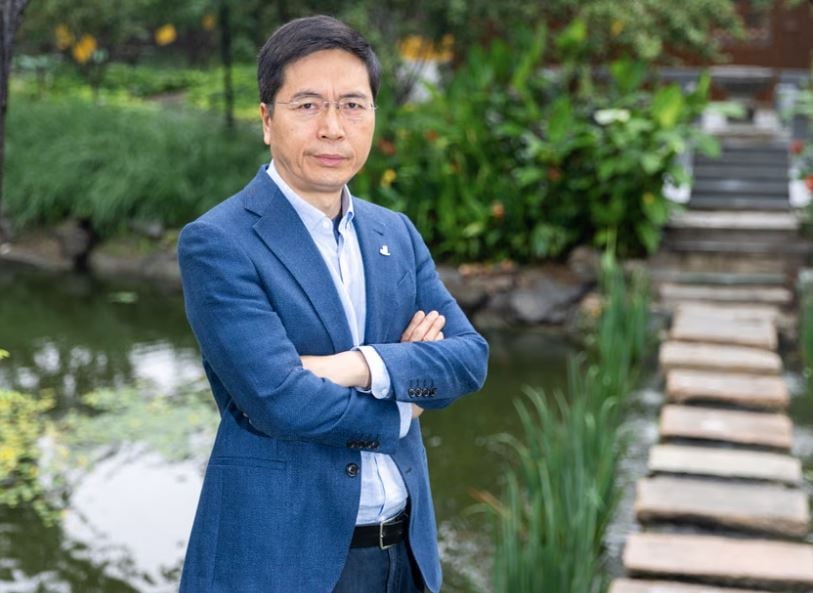



![[Photo] Prime Minister Pham Minh Chinh attends the groundbreaking ceremony of two key projects in Hai Phong city](https://vphoto.vietnam.vn/thumb/1200x675/vietnam/resource/IMAGE/2025/9/27/6adba56d5d94403093a074ac6496ec9d)










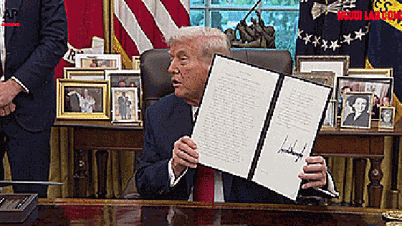





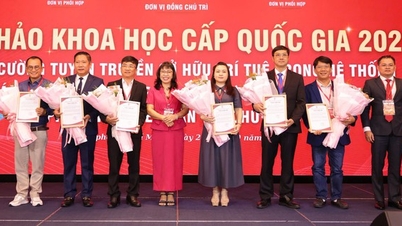
![[Video] From 2027, the high school graduation exam will combine computer-based and paper-based exams.](https://vphoto.vietnam.vn/thumb/402x226/vietnam/resource/IMAGE/2025/9/27/31a7772ddf034dfe9315061dda9618f1)









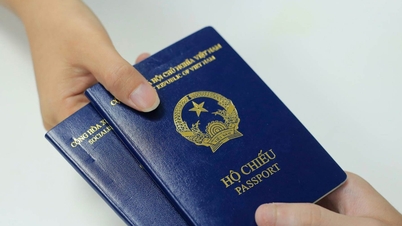


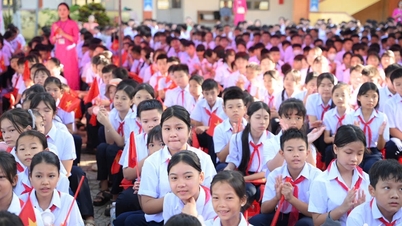

















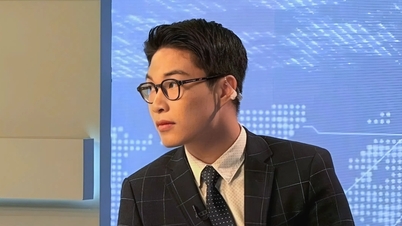
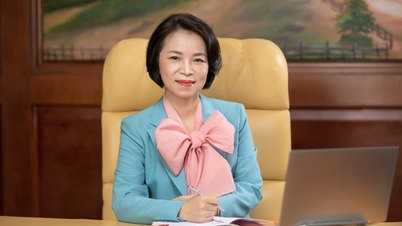









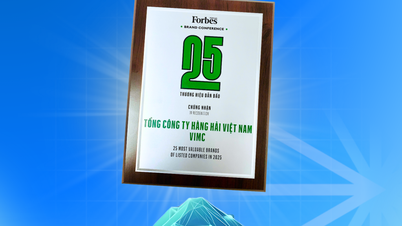





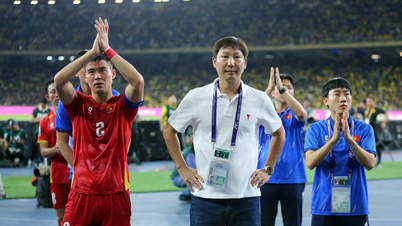




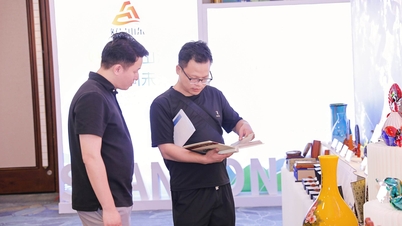

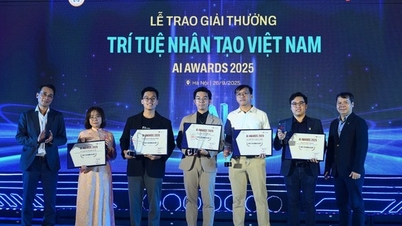
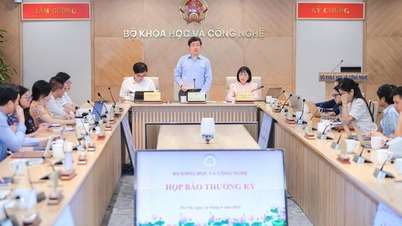
















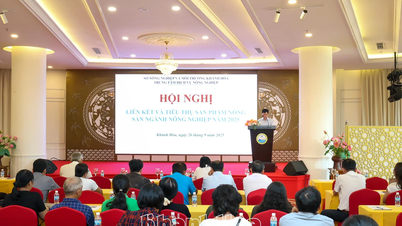








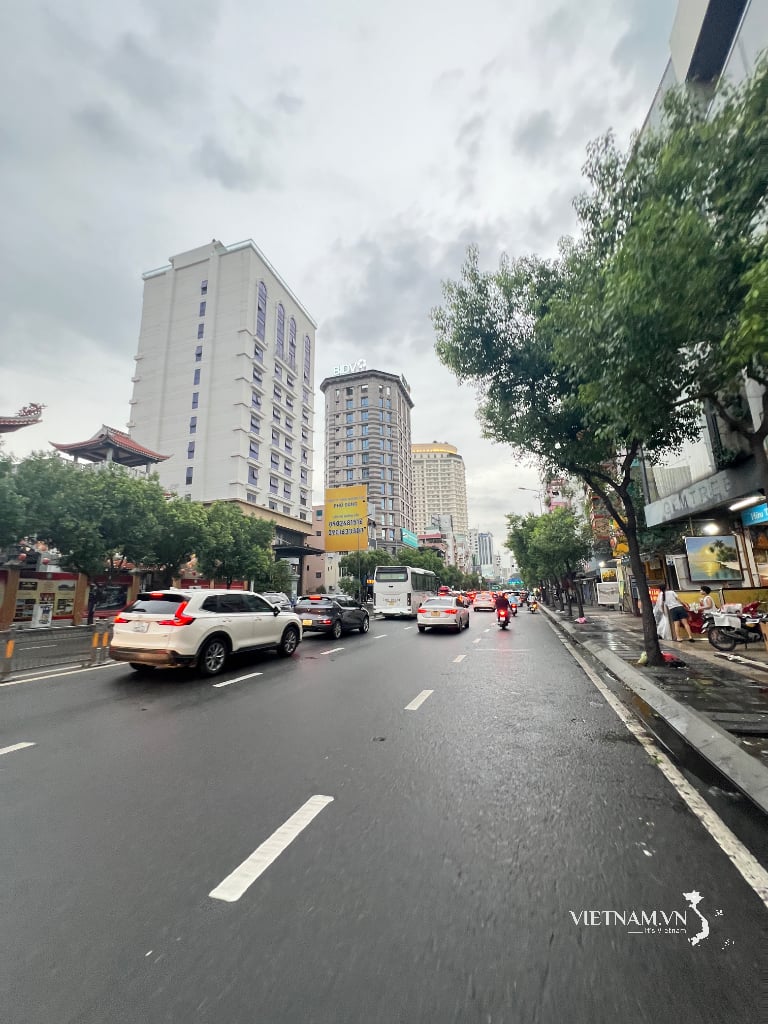
Comment (0)